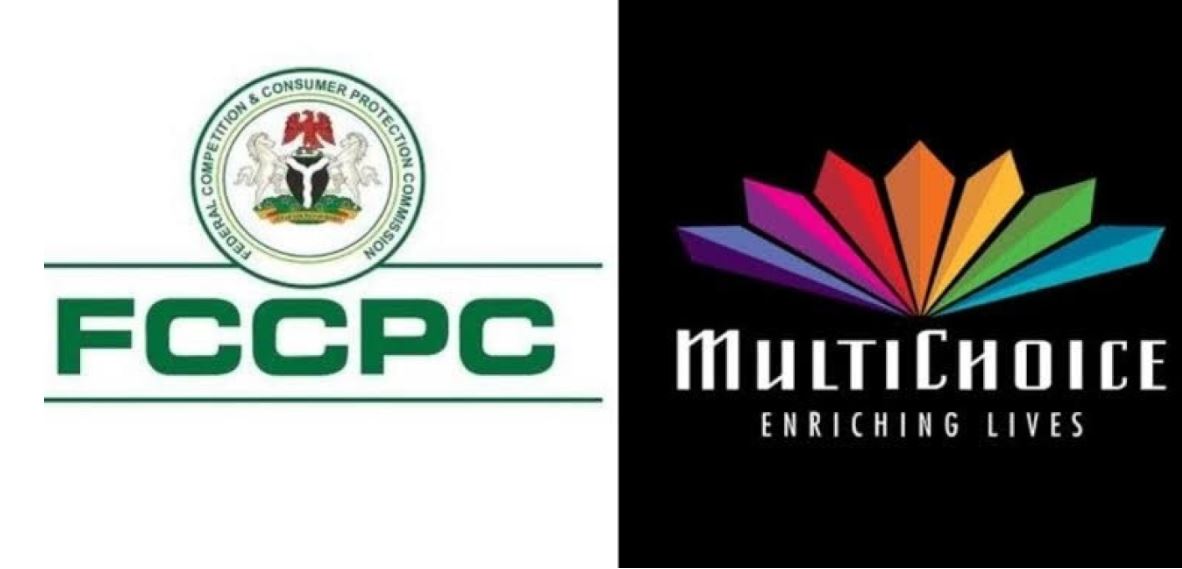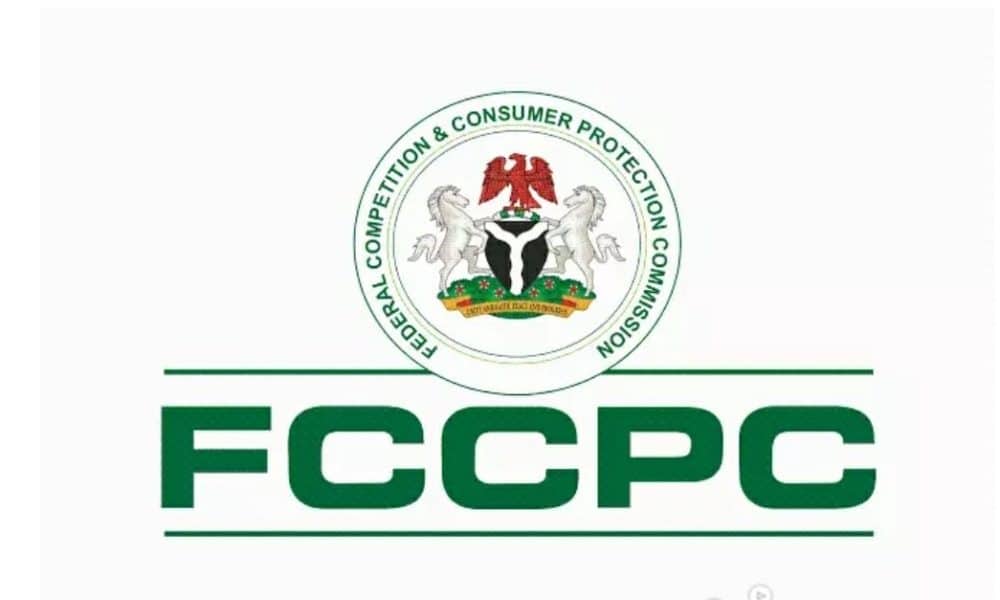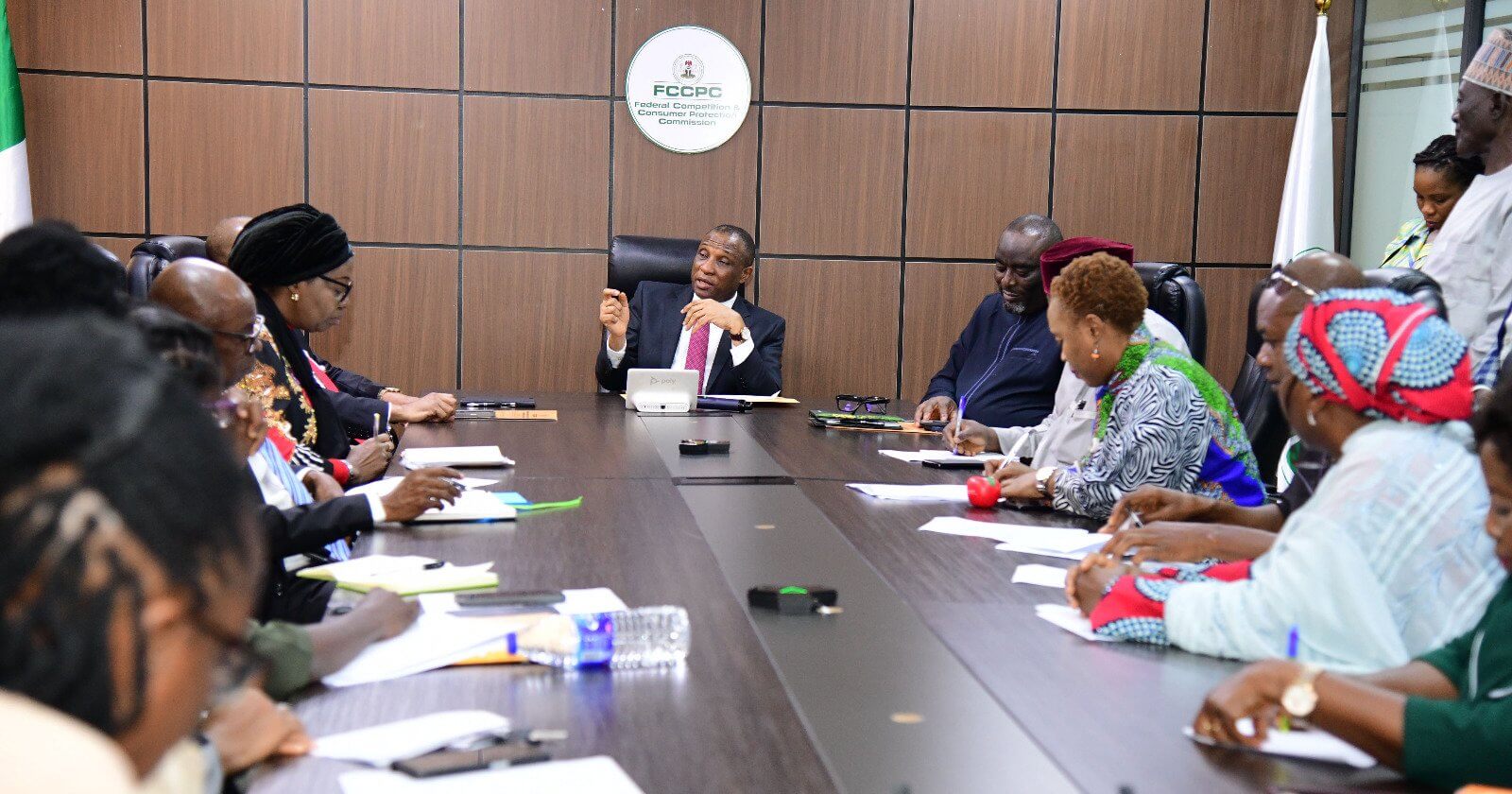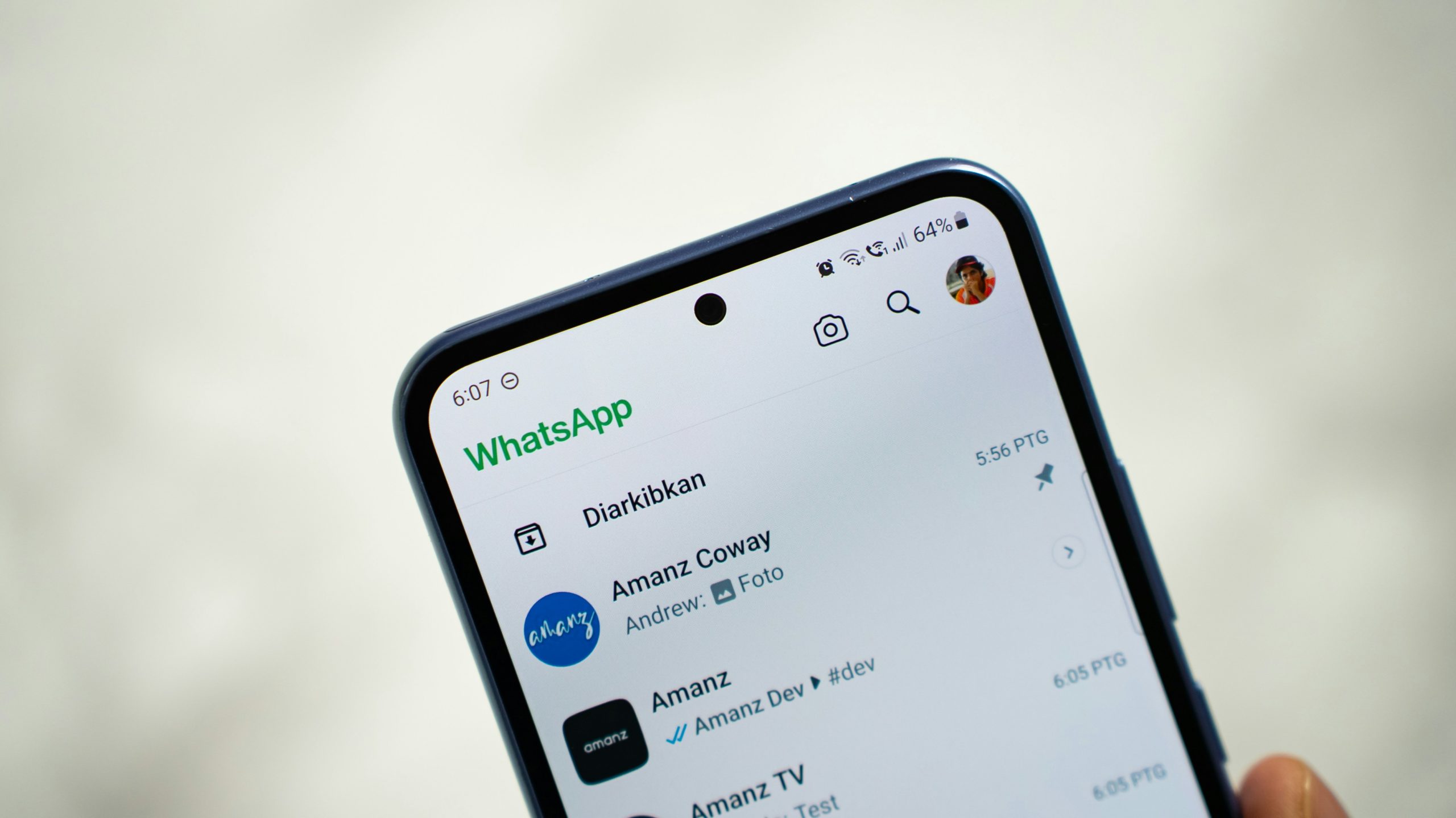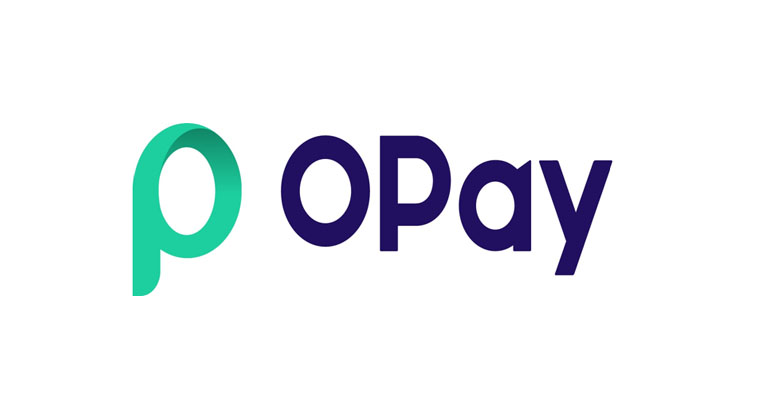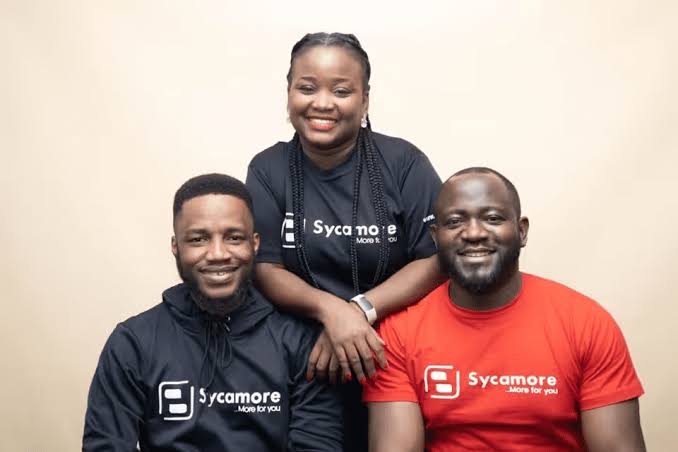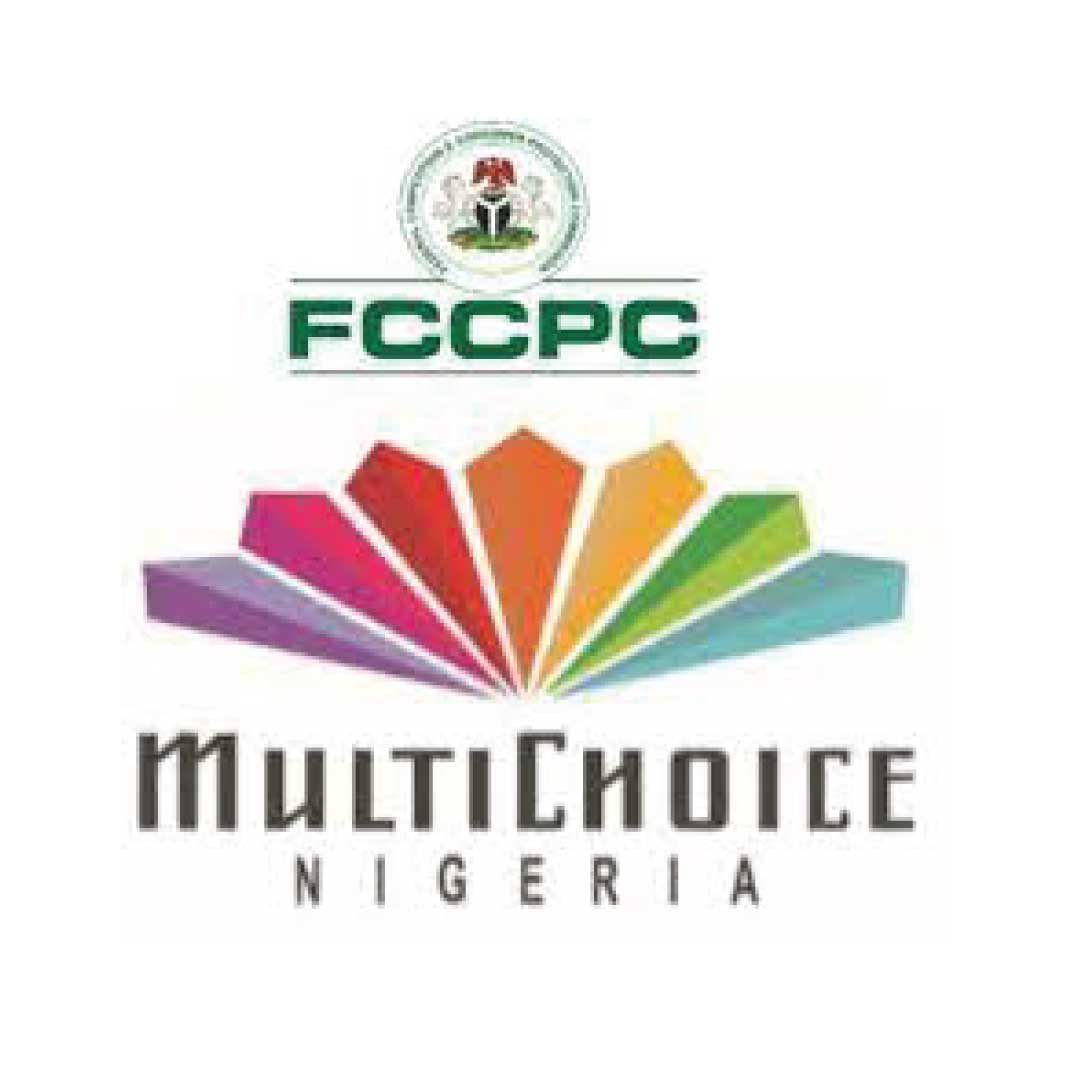MultiChoice Nigeria Limited and its CEO, John Ugbe, are facing legal action from the Federal Competition and Consumer Protection Commission (FCCPC) for allegedly violating regulatory guidelines and obstructing an ongoing investigation.
Additionally, the commission charged the business with violating the requirements of the Federal Competition and Consumer Protection Act (FCCPA) 2018.
Ondaje Ijagwu, the FCCPC’s Director of Corporate Affairs, revealed this in a statement that was uploaded on the Commission’s official X account on Wednesday.
“The Federal Competition and Consumer Protection Commission (FCCPC) has formally instituted legal proceedings against MultiChoice Nigeria Limited and its Chief Executive Officer, John Ugbe, for violating regulatory directives, obstructing an ongoing inquiry and engaging in conduct deemed violations of the provisions of the Federal Competition and Consumer Protection Act (FCCPA) 2018,” the statement read.
Read also: FCCPC invites MultiChoice over DStv, GOtv subscription increase
MultiChoice’s price hike notification
Techpression reported that MultiChoice has notified its clients of a price rise that would go into effect on March 1, 2025, for all of its DStv and GOtv packages.
According to the notification, the DStv Compact bouquet will increase by 25% from N15,700 to N19,000 under the proposed change, and the Compact Plus bundle would increase by 20% from N25,000 to N30,000.
Additionally, the top-tier DStv Premium plan would witness a 20% increase, going from N37,000 to N44,500.
The price increase would also impact GOtv members, as the Supa Plus plan will increase from N15,700 to N16,800, among other changes.
FCCPC summon to MultiChoice
FCCPC summons MultiChoice Nigeria to explain the price review in response to these anticipated hikes.
The Commission invited the CEO to testify at an investigative hearing on February 27, 2025, concerning the company’s regular price increases, possible abuse of market dominance, and anti-competitive activities in the pay-TV sector.
The FCCPC also sent out a strong warning, threatening to impose regulatory penalties if the price adjustment was not justified or if fair market principles were not followed.
Maintaining the current pricing was “essential to prevent any potential consumer harm during this period,” the Commission said, emphasising consumer protection.
MultiChoice defy FCCPC’s directive
Nevertheless, MultiChoice proceeded with the price rise on March 1, 2025, in clear defiance of the Commission’s ruling.
The FCCPC consequently brought three accusations against MultiChoice Nigeria and John Ugbe in the Federal High Court’s Lagos Judicial Division, which include:
Obstruction of an inquiry, which contravened section 33(4) of the FCCPA by raising prices in defiance of court orders.
Obstructing an ongoing investigation, which violated Section 110 of the FCCPA by ignoring orders to halt the price increase.
Giving misleading information: MultiChoice is charged with trying to deceive the Commission by implementing the pricing change without taking regulatory issues into consideration. Section 159(2) is violated, and Section 159(4)(a) and (b) provide for punishment.
Read also: MTN Nigeria CEO Toriola, others face trial over alleged copyright infringement
Deliberate attempt to undermine regulatory authority
According to the Commission, MultiChoice’s activities are a wilful attempt to subvert regulatory authority, sabotage market equity, and deprive Nigerian consumers of legal protection.
The corporation has been charged with violating due process and consumer protection statutes by enacting the price increase before the Commission’s March 6, 2025, investigative hearing.
Potential further sanctions
In order to make sure MultiChoice complies with consumer protection legislation, the FCCPC has stated that it is examining further enforcement actions, such as possible penalties and regulatory interventions, in addition to the judicial procedures.
The Commission reaffirmed its dedication to protecting Nigerian consumers from unfair corporate practices and making sure that major market participants follow the law and fair market principles.
